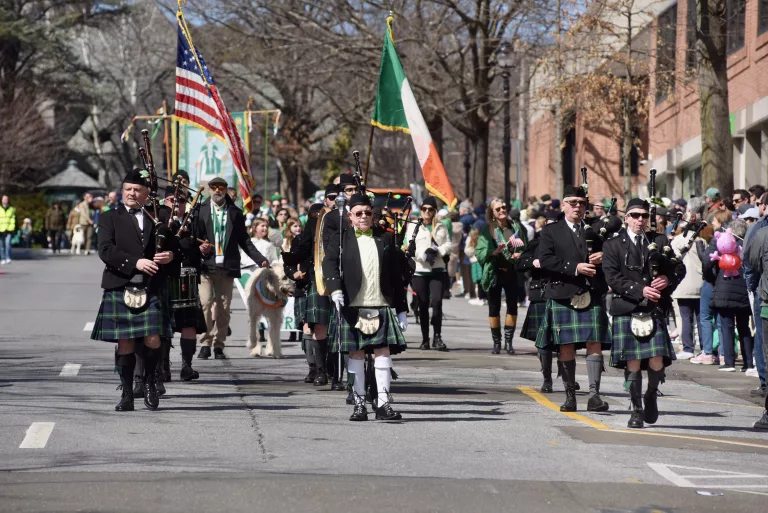By Elizabeth Barhydt
In Greenwich, the sharp divide over education spending isn’t about millions. It’s about which millions count.
The Board of Education’s operating budget stands at roughly $220 million. Add capital projects — $112 million for Central Middle School, $43 million for Old Greenwich Elementary, and about $20 million more for other building work — and the numbers climb fast. Factor in town-paid benefits, transportation, and other fixed costs, and even seasoned officials struggle to pin down the total.
That confusion deepened earlier this year when it was revealed that the BOE spent almost $1 million extra over their budget allotment for substitute teachers covering “Friday flu” sick days and still had an unused surplus of $2.5 million. That money, left over from the previous fiscal year, will now be added to the next fiscal year’s budget, thanks to a change in state law that allows school districts to roll forward up to 2 percent of their operating budgets.
“They [the BOE] asked for a $12 million increase on a $200 million operating budget. We [the BET] reduced the increase by $4 million. They already had $2.5 million left over from last year that they rolled over and put back into the budget,” Harry Fisher, the BET chair said. “So it is only a reduction of $1.5 million on the increase they originally asked for.”
The way those funds are tracked — and not tracked — fuels skepticism. Benefits for school employees, liability insurance for sports and field trips, even mowing athletic fields fall outside the BOE budget and are covered elsewhere in town accounts. “The Board of Ed’s operating budget is not like peer communities,” Mike Mason clarified. “Much of their expenses are in other departments or in fixed charges.”
Audits have added another layer of tension. The BOE has faced multiple audit findings in recent years, with compliance issues repeating across consecutive reports. The concerns are less about outright missing money and more about how financial controls are structured — and whether reporting practices give an accurate picture of total costs. The existence of parallel accounts — operating, capital, fixed charges, and school activity funds — means few residents, and sometimes few officials, have a single number that captures total education spending.
For Mason, who has spent years in town labor negotiations, this fragmentation is more than an accounting headache. It reflects a deeper frustration: the lack of coordination between the BOE and the rest of town government on major fiscal decisions. Key obligations, like health benefits and liability coverage, remain on the town’s books but are shaped by BOE decisions — decisions increasingly made without town fiscal staff in the room. The result is a cycle where negotiations happen in silos and their costs ripple outward, complicating planning and eroding trust.
The result: a public debate where advocates for more school funding cite unmet needs, while fiscal watchdogs believe Greenwich already spends close to $400 million on education when all costs are tallied.
Complicating matters further is the bus contract. For years, Greenwich was considered “the poster child for what not to do” on transportation costs, according to officials in other towns. A new vendor, Dattco, is expected to save money compared to previous contracts — but not necessarily compared to last year’s costs. “It’s less than what First Student would’ve been,” the BET chair said, “but it’s not less than last year.”
Meanwhile, the state-mandated carryover is still being sorted out. Mason calls the rules “a little gray,” noting that operating surplus is a challenge to define. That lack of transparency leaves both officials and residents asking: what’s the true number?
“The real question,” Mason said, “is when they were asking for 12.5 million, were they aware they were going to have a couple million dollars more available to spend?” Historically town departments including the BOE return unspent funds back to the town general fund.
As one BET member put it, “We’re talking about $4 million and $12 million, and people don’t understand these are increases on a $200 million operating budget, plus $175 million or more in capital expenses, plus all the healthcare, insurance, maintenance, and other joint expenses the town pays from a separate budget. It’s a lot of money.”




